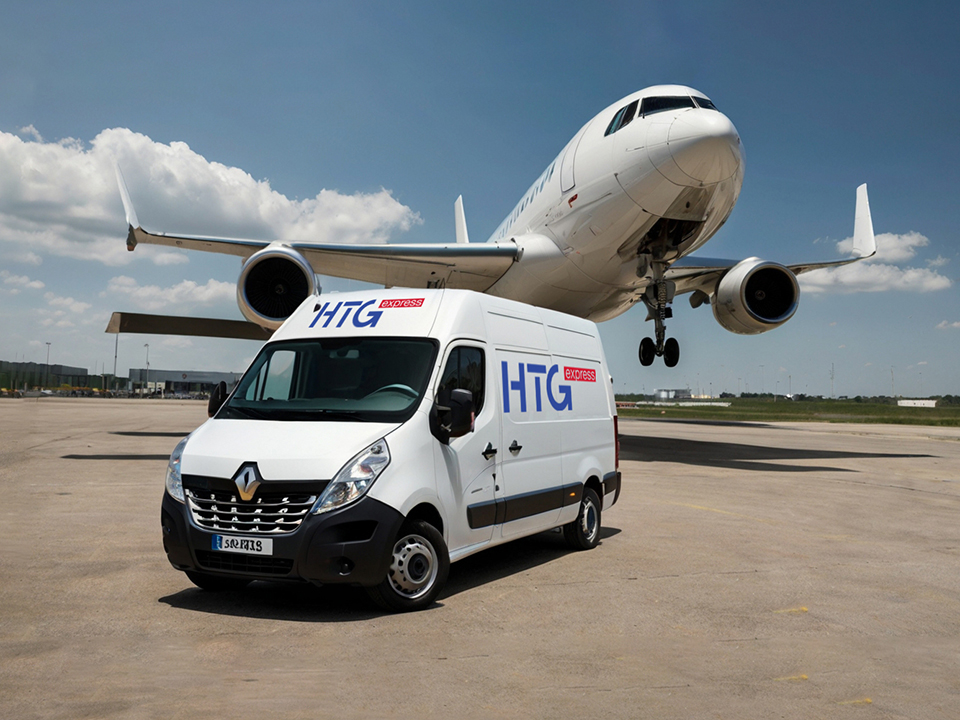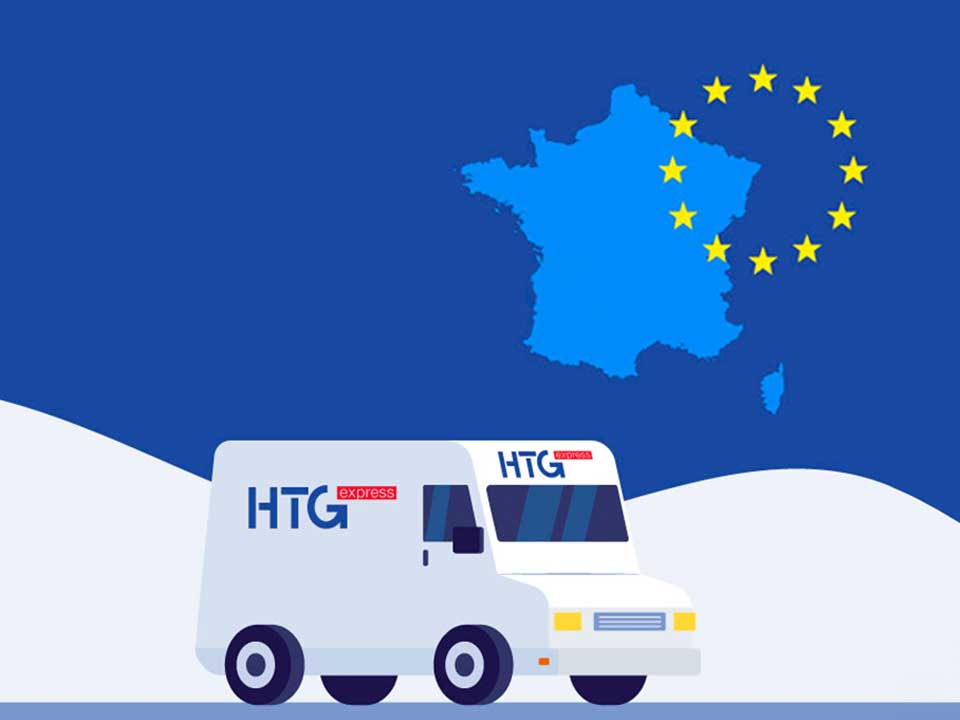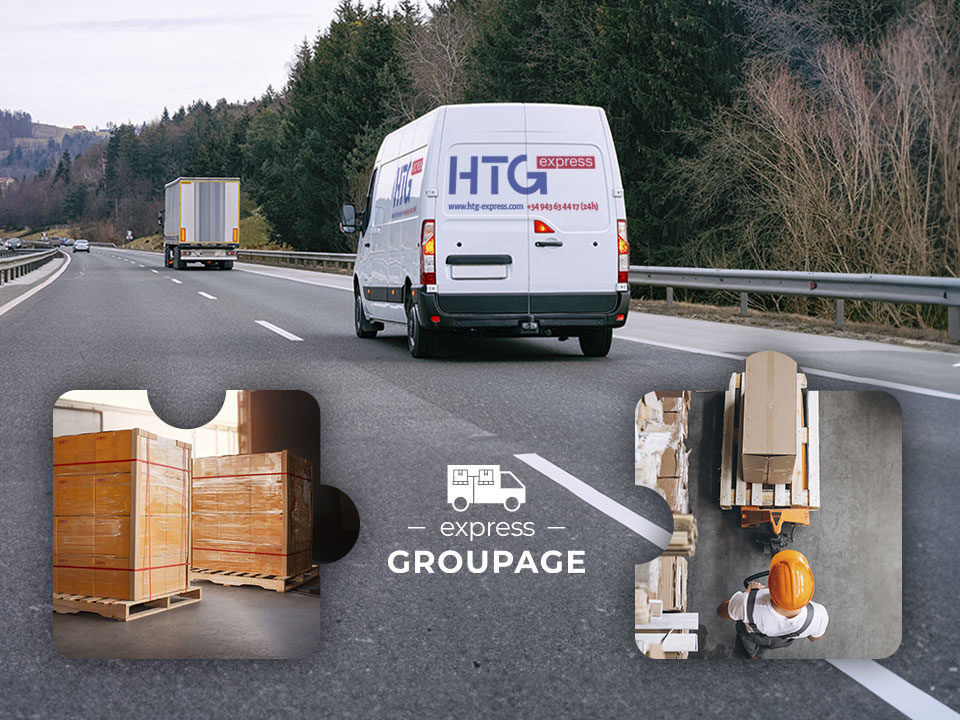Working with Morocco or working from Morocco, a key difference for success

Why do transport costs keep rising?
15/03/2022
6 keys to the change of paradigm in post-pandemic land transport
24/05/2022For more than two years, transport has been affected by total or partial restrictions between Europe and Morocco. A few days ago, regular transit from Tarifa and Algeciras for private vehicles also resumed, after a few months in which the transport of goods had been re-established on its usual routes.
Historically located in a strategic enclave, the Strait of Gibraltar has always been a natural barrier to trade: 13 kilometres of water separate Tarifa and the tip of Cires, 51 kilometres if we count those between Algeciras and Tangiers.
However, the distance of the Strait of Gibraltar is measured in more than kilometres: the culture on both sides of the sea crossing contains truly differentiating elements when it comes to working and processing transport to or from Morocco.
Reference point
With a boost from the Moroccan government in recent years, Tangier and its port have become the reference point of entry to the country and, therefore, to Africa. This has enabled it to consolidate its position as number one in container movements in the Mediterranean with more than 100 million tonnes of goods, 25% more than in 2020.
The automotive industry has been gaining ground among the industries based in the territory which, thanks to the operational capacity of the main port, can take on the logistics and transport to and from Morocco.
Tangier is not the only final destination for such transport: groups such as SOMACA, in Casablanca; HISPANO, near Rabat; as well as other heavy vehicle production plants, make the country an attractive location for the industrial headquarters of foreign companies. Low wages, geographical proximity and low logistics costs for final assembly in Europe might be the main reasons.
The workflow
However, it has been shown that logistics has its own rhythms, which vary in relation to the countries in which they are managed, and transport in Morocco is no exception. Without going into the speed of the shipment, the workflow involved in organising international transport, which involves going through import or export customs depending on the situation, works through less conventional channels than in Europe. Accustomed to a more direct approach and strictly professional channels, Moroccan management in Europe might come as a culture shock.
Having a head office on the ground is important, but having transport managed by local staff is vital for its proper development. For this reason, HTG Express, in addition to having its own office in Tangier, strategically located to be able to offer the same quality service that it already offers in Europe, has a Moroccan team that is familiar with all the peculiarities of transport in the area.
Negotiation with suppliers that meet the company’s standards, document management, assistance in the transport process, customer support… There are many tasks that define success for any transport. In the case of logistics to or from Morocco, we must also add the correct intercultural management.
The good results obtained in recent months in the Europe-Morocco flow are proof that at HTG Express we have found the key: reduction of logistics costs, greater control of transport and final customer satisfaction. In short, even in Morocco, we deliver peace of mind.



